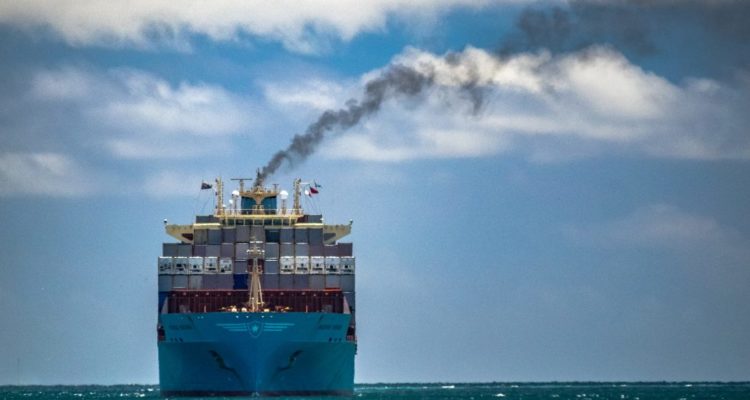Hong Kong and Taiwan will implement a local 0.5 percent sulphur cap from January 1, 2019, one year ahead of the International Maritime Organization’s (IMO) sulphur 2020 regulations, according to insurance provider Gard.

Hong Kong’s current regulation requires ships to burn fuel with a sulphur content not exceeding 0.5 percent while at berth. From January 1, 2019 this regulation will extended to ships operating in Hong Kong waters, irrespective of whether they are sailing or at berth, and will mean that ships not fitted with scrubbers will be required to burn fuel with a sulphur content not exceeding 0.5 percent.
In Taiwan, from January 1, rather than having designated domestic emission control areas (ECA), ships not fitted with scrubbers will be required to burn fuel with a sulphur content not exceeding 0.5 percent when entering its international commercial port areas, said Gard.
This development aligns Hong Kong and Taiwan with China, which will implement the final step in its ECA timeline on January 1, meaning that ships not fitted with scrubbers must burn low sulphur fuel while operating anywhere within the country’s ECAs in the Pearl River and Yangtze River Deltas, and Bohai-rim Waters.
Gard noted that there have been reports suggesting China will expand this regulation to apply to ships sailing within its entire territorial sea, but there has not yet been a formal announcement regarding this.
The IMO sulphur cap – slated to be the biggest regulatory change the shipping industry has ever faced – is due to come into force on January 1, 2020 and will cut the allowable sulphur content in marine fuel from 3.5 to 0.5 percent.
The Baltic and International Maritime Council (BIMCO) recently developed two bunker clauses to support the implementation of the sulphur 2020 regulations, as reported by HLPFI.
CONTACT INFORMATION
- OLES JSC - Offshore Lifting Equipment Services
- Address: 449 Binh Gia Street, Ward 9, Vung Tau City, Viet Nam
- Phone: +84 254 3625 879
- Email: mail@oles.asia
- Website: www.oles.asia

New sulphur regulations for Hong Kong and Taiwan